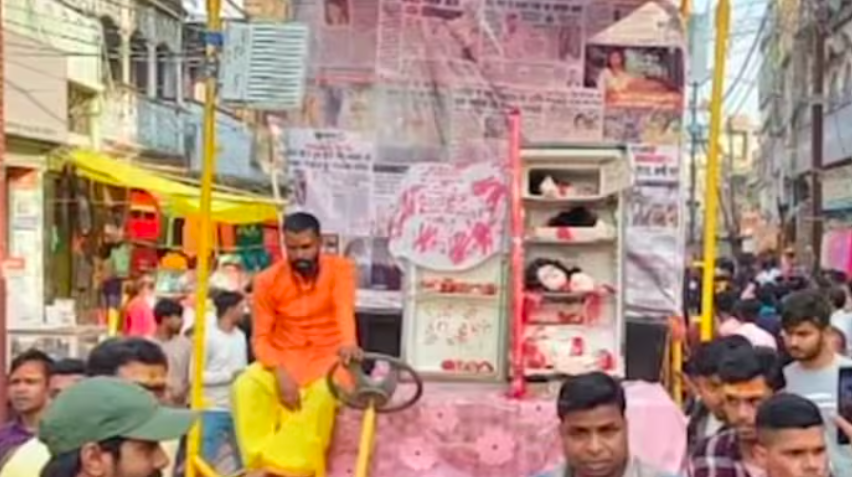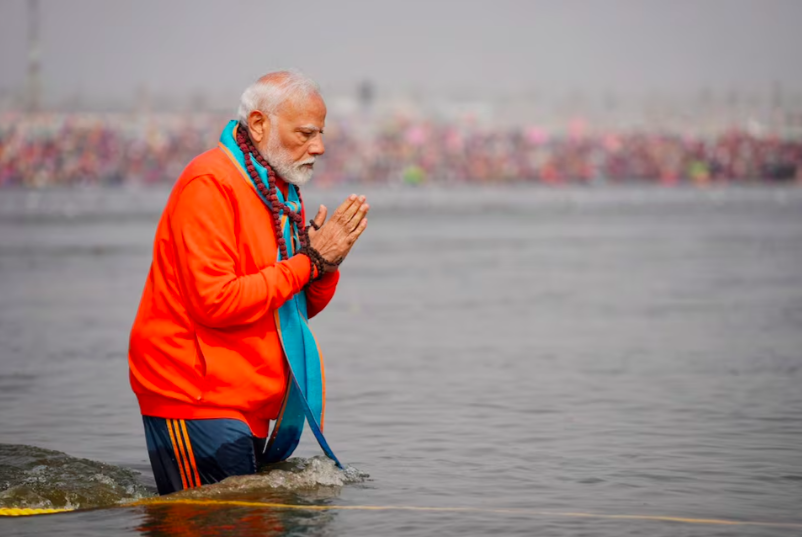Essential background
The NCP government in Sudan that came to power through a military coup on June 30, 1989, and thus it’s at the helm for 24 years, two months and twenty-nine days under the command of Omar al-Bashir. False legitimization to his ruling took place through two sham elections in 1996, 2000 before the last one in 2011. The one that considered as forgery despite the international observation that failed to prove this fraud.
Proceeds of corruption
By the end of 2012, Sudan’s foreign debt reached $43.7 billion with expectations to reach 45.6 by the end of 2013 according to the World Bank. In 1989, the exchange rate of the U.S. dollar was 3 pounds which increased to 7.6 (equals 760,000 of the old pound). In fact, the oil has pumped in the public treasury around $70 billion. In Sudan, expenditure on the security estimated to more than 70% of the overall budget, while both of health and education do not exceed 2%. Furthermore, minimum wage rate is 270 pounds which is barely covers around 8% of the basic needs.
Outcomes of policy and the war against civilians
 Politically, the regime has exhausted the budget in a religious war against southern Sudan which eventually led to the secession of Sudan. Nowadays, the regime is in state of war against its own citizens in Darfur, Nuba Mountains and the Blue Nile. A war that resulted “in Darfur alone” in killing of approximately half a million, displacement of three million and around two other million live in relief camps in Ethiopia, Chad and South Sudan.
Politically, the regime has exhausted the budget in a religious war against southern Sudan which eventually led to the secession of Sudan. Nowadays, the regime is in state of war against its own citizens in Darfur, Nuba Mountains and the Blue Nile. A war that resulted “in Darfur alone” in killing of approximately half a million, displacement of three million and around two other million live in relief camps in Ethiopia, Chad and South Sudan.
Sudanese President and some his officials are wanted by the International Criminal Court on charges of genocide, war crimes and crimes against humanity.
Extreme violence and torture of the police and security forces against students, activists and even civilians in street is witnessed since 1989. The sum of a number of martyrs in universities is more than twenty students, latest case was at Gezira University were security forces killed 4 students from Darfur and dumped their bodies in a water bank.
Recent Protests
Background
In June 2012, Sudan has witnessed protests in most of cities sparked after increasing of fuel prices but it was less in effect and spread. Recent protests arose also after increasing fuel prices to almost the double. Price of a gallon of gasoline increased from SDG 13.5 to SDG 20.8 and the price of cooking gas of 15 kg increased from SDG 17 to SDG 25 pounds. Protests started in Medani, the capital of Gezira State and from there spread to Khartoum, Gedaref, Port Sudan, Kassala, Nyala, al-Obeid and most of other Sudanese cities .
There is a comprehensive security and police presence in streets of Khartoum other cities which has never happened in history of Sudan. Information from there says that there is a cautious calm with anticipations of what might be storm. According to police statements, more than 600 arrested. Youth activists say that they are more than thousand. Leaders of change now assure that the regime with its collapsed budget cannot afford to continue in standby situation as it require more spending unless by raising other prices or impose additional taxes. Furthermore, it’s impossible to keep schools closed forever
Victims
Blackout of information from the regime is a significant indicator for lack of ability to find accurate number of killed persons. Our information sources are eyewitnesses or statements of the leaders of youth groups. The death total expected to rise in the coming period. Many reports about killing lacks to sufficient credibility dropped.
The number of killings ranged according to information sources. The police said 4 protesters shot dead by in Medani by unidentified subjects in the first day of the demonstration. In Khartoum authorities said the deaths are 29.
Dr. Osama Murtada, Director of Omdurman hospital certified to BBC Arabic that the death toll on September 25 was 21. All of them were higher school and university students.
Professor Farouk Mohamed Ibrahim, chairperson of the Sudanese Organization for Defending Rights and Freedoms in Sudan, said that their field committees counted 140 people shot dead by government forces, 79 of them in Omdurman.
Khalid Omar, representative of Change Now stated that there are more than 170 killed up to Friday evening.
Dr. Syed Gannat, a doctor in Omdurman Hospital, reported that the Omdurman Hospital and during his shift spiral on Wednesday, September 24, were 36 dead bodies and in Omdurman Hospital.
Chairperson of Sudanese Medical Association, Dr. Ahmed Sheikh estimated the total number of killing of 210 and stated that this number exceeds the total of those who killed in October and April of the revolutions combined.
Regime reactions
Sudanese government cut Internet service from all parts of the Sudan on September 24, the second day of demonstrations and intermittently returned the next day. The government has attributed the interruption of Internet service to attack on Canar internet Provider Company in Khartoum by protestors.
Closure of newspapers
A number of newspapers closed down three of them by security authorities: al-Sudani, and al-Garar and al-Ayam newspapers. Recently al-Intibaha added to them. While al-Jareeda newspaper ceased in a complaint against the censorship imposed on publication. ‘Alwan’, ‘al-Mashed al-Seyasi’ and ‘al-Watan’
which are mostly likely loyal to the regime, couldn’t publish due to inability of its employees to get to the newspaper’s offices as a result of absence of transportation. Alarabia and Sky-News Arabia were forbidden to broadcast from Sudan by the security authorities. It is worthy of mention that Sudan takes the rank of 170 out of 179 worst countries that do not respect freedom of publishing according to Reporters Without Borders network.
Sabotage Attempts
For its part, the government accused the protestors sabotage and looting of the property, while protestors confirms that the regime security apparatus are the ones who have carry out sabotage operations so as to justify use of excessive violence against protests. Matter of fact, it was clear that burning of gas stations has done by security forces through systematic vandalize. Information indicates the many gas stations that burnt sequentially did not explode. In addition, the governor buses that the images were displayed in the company’s warehouse and quite far away from protests areas.
The army, police and security forces
The Sudanese armed forces used to take responsibility in protecting Sudanese as in October 1964 and April 1985 revolutions against the against Abboud and Nimeiri regimes. It is difficult but still in the framework of probability, that the Sudanese Armed Forces will bias to protect the protesters. The cases that have been documented so far confined to limited level in the streets level with the exception of a the refusal of Medany military area’s commander, which rumored that he refused to order his forces to streets to face protesters. Police did not record similar situation, while unconfirmed rumors are also reported that there are clashes within the corridors of the three divisions regarding dealing with protestors. Furthermore, there are some news about guns hooting within the premises of the General Military Command and the Presidency of the security apparatus. Some information leaked out that there is wide and growing differences between the army, police and security organs on how to deal with the situation, and in this regard, some sources spoke about firing in the army head quarter HQ in Khartoum.
It is most possible that the army might support the revolution and riots, which based on the time that officers spend in the military collage(2 years) a time that was not enough for brain washing like what is actually happening for security officers, also based on the history of the Sudan’s army we mentioned before, in addition to this we can claim that the Sudanese army officers always have the tendency of selling themselves as heroes and patriots which will support the idea of the possibility for them to take a position against the government, whatever this position might be.
Positions of some NCP members
31 NCP members issued a press release in the form of a letter addressed to the President stating “the repression that has been practiced against those who opposed is far from the tolerance and the right to peaceful expression”. Top of the signatories of the statement is Dr. Ghazi Al –Atabani , ex-advisor of the President and brigadier Mohamed Ibrahim.
Yesterday, “Change Coordination Cell” was formed to lead the revolution. It consists of four main
Groups: Youth Movements, National Consensus Forces (Political Parties), Trade Unions and Alliance of civil society Organizations: comprising, advocacy, cultural and humanitarian groups in the country. The Coordination Cell will shoulder the responsibility of political support beside organizing the protests until the regime is toppled.
Many International Organisations have condemned the use of force against the protests. Amnesty International and the African Centre for Peace and Justice Studies issued a joint statement stating “security forces must immediately stop the excessive and unjustified use of force against the protestors”.
UN High Commissioner for Human Rights Navi Pillay expressed deep concerns about the killings.
A number of countries also expressed their concern about the ongoing events in Sudan. In Statement issued by Espen Barth, Minister of Foreign Affairs, the Norwegian Government demanded the Government of Sudan to “ respect basic human rights, particularly the right of peaceful gathering and the right of free expression”
US Department of State issued statement “condemning the excessive use of force against protestors”
Anwar Bin Mohamed Gorgash State Minister for Foreign Affairs of United Arab Emirates ( UAE) expressed “deep concern about violent and unjustified use of force in these events and called upon Sudan Government to adopt the utmost caution and wisdom in dealing with protest and public demands”.
Similar position continue to come from the international community, the latest were from Canada and Egypt.
Urgent demands
From Sudanese abroad:
Report what happens there truthfully considering media credibility and to link between witnesses and international media channels.
From the international community
To start an investigation of human rights violations that have been committed during the previous days, diplomatic pressure on the government to respect fundamental human rights, enforcement of the International Criminal Court decision to present the Sudanese president to trial, and to organize international media campaign aiming to expose human rights abuses in Sudan.
Released by:
Sudanese human rights activists – Norway Hisham Obaid Yousif
Change Now – Norway Magdi Hassan Mohamed Ahmed
Abena – Norway Hatem Osman Saleh









